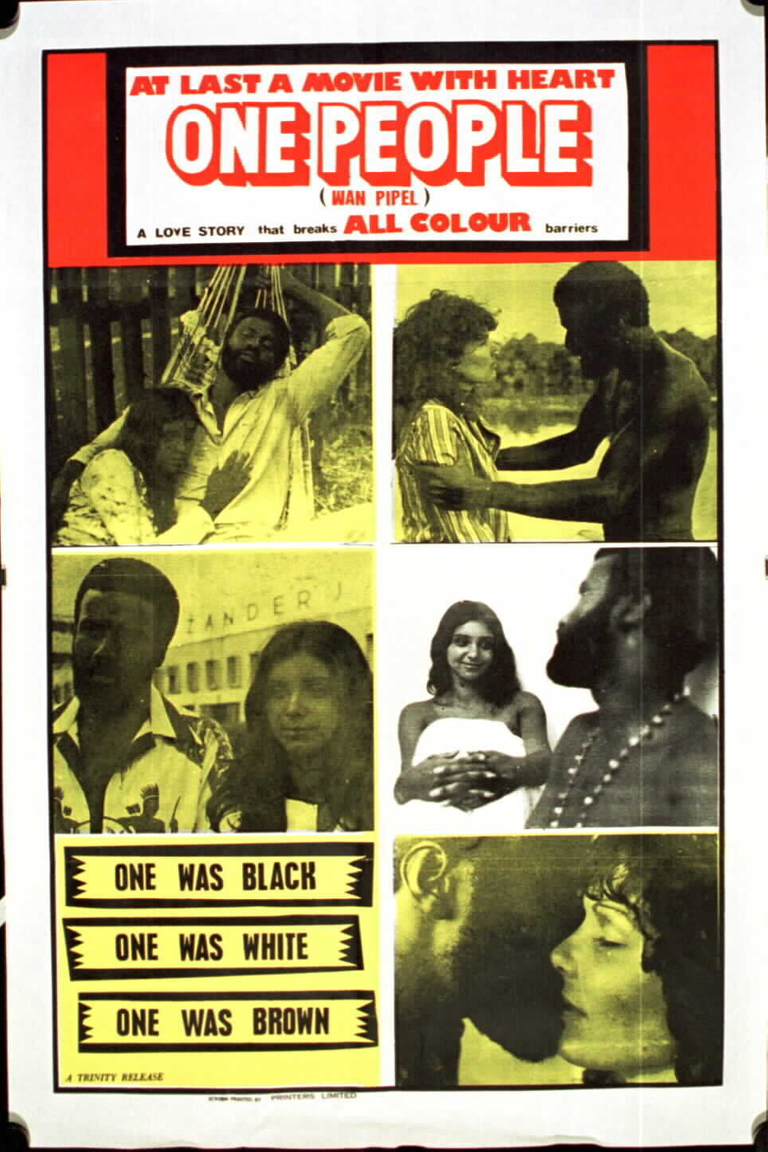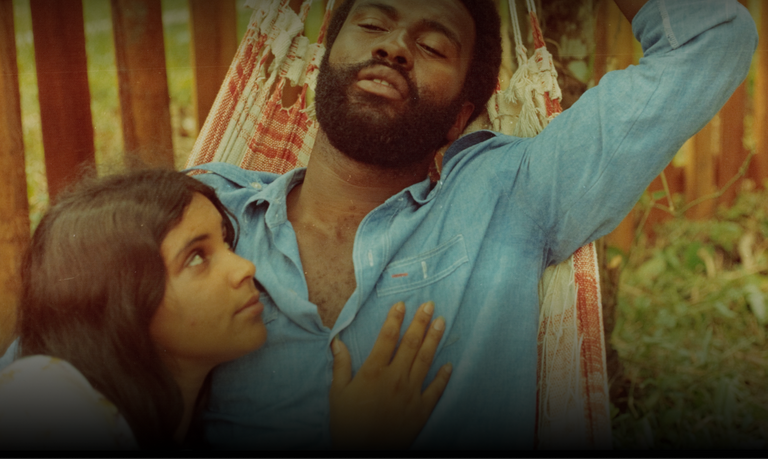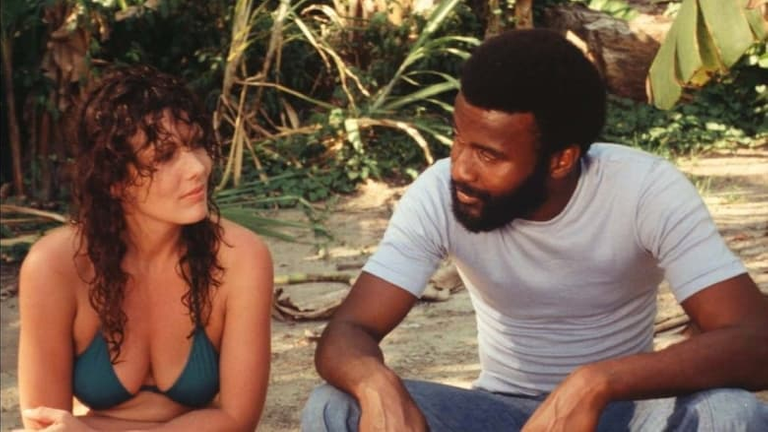Wan Pipel 🎥 Age Old Tradition Watching This Movie On Independence Day
Tonight, at the eve of Suriname's Independence day - which is celebrated on November 25th - I would like to share a national tradition with you all and that's the movie Wan Pipel (loosely translated: One People). This movie was written by Rudi Kross and Lou Lichtveld and directed by Pim de la Parra and came out in 1976 (one year after Suriname's independence from the Netherlands).

A lot of fellow countrymen and I dubbed watching this movie a tradition - just like with watching Home ALone for instance during the Christmas month - because every year on Independence day it gets air time and I want to say almost everyone grew up watching it, especially on this day. Today, a friend even joked about memes surrounding Wan Pipel on social media.
Now to the good stuff: the storyline. The tale follows a handsome young Afro-Suriname man called Roy, studying in the Netherlands and living in with his beautiful partner Karina. One day Roy receives the message from home that his mother is dying and he wants to go back to Suriname to say his goodbyes. Karina then pays for his ticket back.

Soon after Roy's arrival he gets invited to parties and that's where he meets Rubia, a beautiful well-spoken young (British) Indian woman. They flirt and dance and Roy tries to court her. Rubia is not stupid and constantly asks him about his girlfriend in the Netherlands, but Roy has fallen madly in love with her and spends almost everyday with her.
But this doesn't get unnoticed by their surroundings, especially their parents. Rubia's parents are disgraced and Roy's father argues with him, even buying Roy a ticket back so that he can forget about Rubia. And, because Roy didn't return to the Netherlands, Karina travels to Suriname to win him back. Roy's father then arranges a trip to the pristine jungle, so that Karina and Roy could reconnect.

Now you might be wondering "How does the movie end? Do Roy and Karina fall in love again and move to the Netherlands or does he chose otherwise?" For that I recommend you to watch the movie. What I do want to point out is how groundbreaking this movie was at the time in Suriname and how it's still relevant to this day.
During the colony period the government wielded divide and conquer, between the different ethnic groups, so when Suriname started to get a little bit more independent in politics and making policies, the divisions were still there. It was a cardinal sin if you married into the "other" group and some couples were indeed disowned. Those that weren't cast off by their family, still got ridiculed.
In the trailer you see how parents from both sides are opposing their blooming relationship.
I dare say that we've come a long way since then, because of a lot of interracial marriages that are getting more accepted now. But I also acknowledge we've still have a long way to go, because of the social and economic divide, that's still being felt by especially both groups.
In Sranan Tongo (our lingua franca) we would say "mie fier eng te ini mie ondrobere" (loosely translated: I can feel it down to my stomach), which means that it still has an deep to the soul effect in both groups. I'm only mentioning these two ethnic groups, because these two were portrayed in the movie, but it counts for every ethnic or cultural group. Let's try to listen and understand each other and hopefully find common ground.

Hey, this sounds like an interesting movie. Love how it tackles race/class issues. In Jamaica that vibe is still there as well but is like if you have money, the race does not matter, money is a race in it self LOL. In Japan, hmmm it is not bad, but I guess because the people who don't like interracial marriage just don't talk about it I guess. Or maybe the writing ion some corer of the web in Japanese 😄
Here's the link to the full movie with some English subtitle:
I don't know much about licensing rights though..., so wouldn't know if you could play it in Japan or elsewhere.
I've heard about that and think there's some truth to it and doesn't matter where in the world. If you have money a lot of doors and opportunities open up.
Hihihi might be. From what I've seen in the media, documentaries and tv, I think it's more of a mystery to Asians, especially Japan, because they don't really get to see much "others" than themselves. Which is fine, as long as they don't start to discriminate.
Did you know that back in the day - right after the abolition of slavery - there were quite a few interracial marriages between Chinese and Afro-Surinamers? There weren't a lot of Chinese women in Suriname then, so the men married women from other ethnicities.
!ENGAGE 10
!WINE
Congratulations, @rarej You Successfully Shared 0.100 WINEX With @tanjakolader.
You Earned 0.100 WINEX As Curation Reward.
You Utilized 1/1 Successful Calls.
Contact Us : WINEX Token Discord Channel
WINEX Current Market Price : 0.390